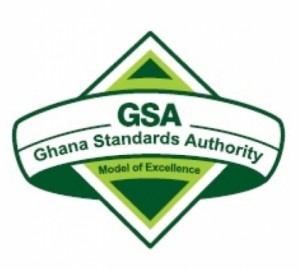GSA engages stakeholders on WTO Technical Barriers to Trade and Standards
 The Ghana Standards Authority (GSA) has hosted a stakeholder workshop on World Trade Organisation (WTO) Technical Barriers to Trade (TBT), Standards and Technical Regulations in Accra.
The Ghana Standards Authority (GSA) has hosted a stakeholder workshop on World Trade Organisation (WTO) Technical Barriers to Trade (TBT), Standards and Technical Regulations in Accra.
The workshop brought together representatives from the National Communications Authority (NCA), Ministry of Health, Customs Division of the Ghana Revenue Authority, and Plant Protection and Regulatory Services Directorate (PPRSD).
Others are Ghana National Chamber of Commerce and Industry, Food and Drugs Authority (FDA), Association of Ghana Industries (AGI), Ghana Union Traders Association, among others.
The aim of the workshop was to share ideas and to sensitize various stakeholders on how they can participate and contribute to Ghana meeting the obligations under the WTO TBT Agreement.
The GSA is the national agency responsible for the implementation of the TBT, one of the Multilateral trade Agreements of the WTO.
The TBT Agreement has the objective to ensure that technical regulations, standards, and conformity assessment procedures are non-discriminatory and do not create unnecessary obstacles to trade.
At the same time, it recognizes WTO members’ right to implement measures to achieve legitimate policy objectives, such as the protection of human health and safety, or protection of the environment while strongly encouraging members to base their measures on International standards as a means to facilitate trade.
Addressing the opening session of the workshop, Professor Alex Dodoo, the Director-General of the GSA, called on the stakeholders to work together to promote Ghana’s participation in the WTO system.
He said the situation where farming produce from Ghana were being rejected in the international market due to deficiencies in product quality and safety and non-compliance with international standards has economic implications for the country if allowed to continue.
He called on participants to devise practical ways to rectify the situation.
“We need to coordinate a lot among ourselves, confront the issues head-on and ensure that we swiftly address the challenge,” he pointed out.
Some of the participants called for logistics to enable them work efficiently.
According to them, the country’s quality infrastructure will collapse
in the near future if relevant state institutions and agencies were not funded to work effectively.
Others called for periodic training of staff on standards compliance.
Source: GNA
